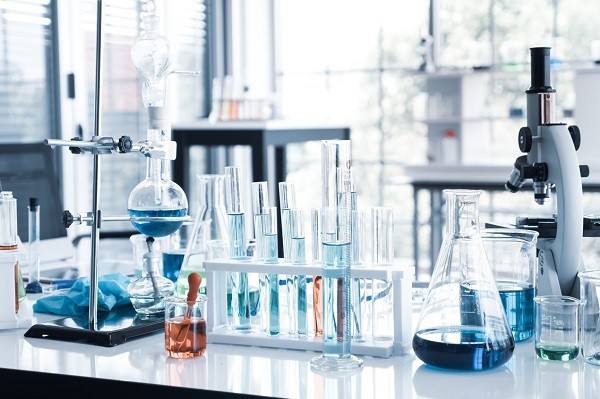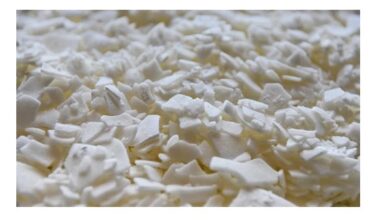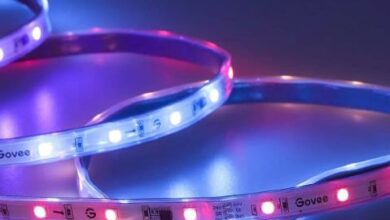What parameters must laboratory containers meet?

Laboratory containers that play a crucial role within the research process are an indispensable element of every laboratory. Therefore, the selection of proper vessels is critical for ensuring precise and reliable experiment results. This article discusses the parameters to be satisfied by laboratory containers to meet the requirements of modern scientific research.
Materials employed in laboratory container manufacturing
The first aspect to be considered when choosing laboratory containers is related to the materials applied by the manufacturers of laboratory consumable products within the manufacturing process. Currently, the majority of vessels are made from plastics, glass and metal. Each of these materials comes with pros and cons that affect their suitability for various research types.
Volume and shape of laboratory vessels
Other key parameters to be taken into account when selecting laboratory containers are their volume and shape. Vessels come in different volumes, from microlitres to several hundred litres. Selecting the appropriate size of a container offered by Noex, a manufacturer of plastic products, depends on the type of research and the number of samples to be stored therein.
The shape of laboratory vessels also impacts their functionality. For example, Erlenmeyer flasks are characterized by a conical shape that facilitates mixing the contents through shaking. Whereas, graduated cylinders are rectangular in shape and are fitted with a scale that enables precise liquid measurement.
Application of laboratory containers
Depending on the research type and experiment requirements, it may be necessary to employ specialised laboratory containers. For example, biological research often involves the use of a sterile Petri dish that enables growing microorganisms on an agar. On the other hand, chemical research may necessitate the use of distillation or extraction flasks adapted to substance separation processes.
To sum up, the selection of proper laboratory containers is critical in achieving precise and reliable test results. Such parameters as execution material, volume, shape and application have to be taken into account. Only this will guarantee that the laboratory vessels fulfil their function and contribute to a successful outcome of a scientific experiment.




